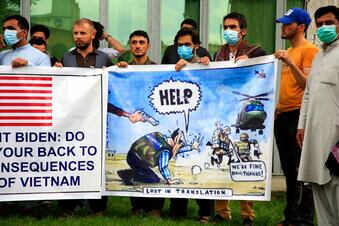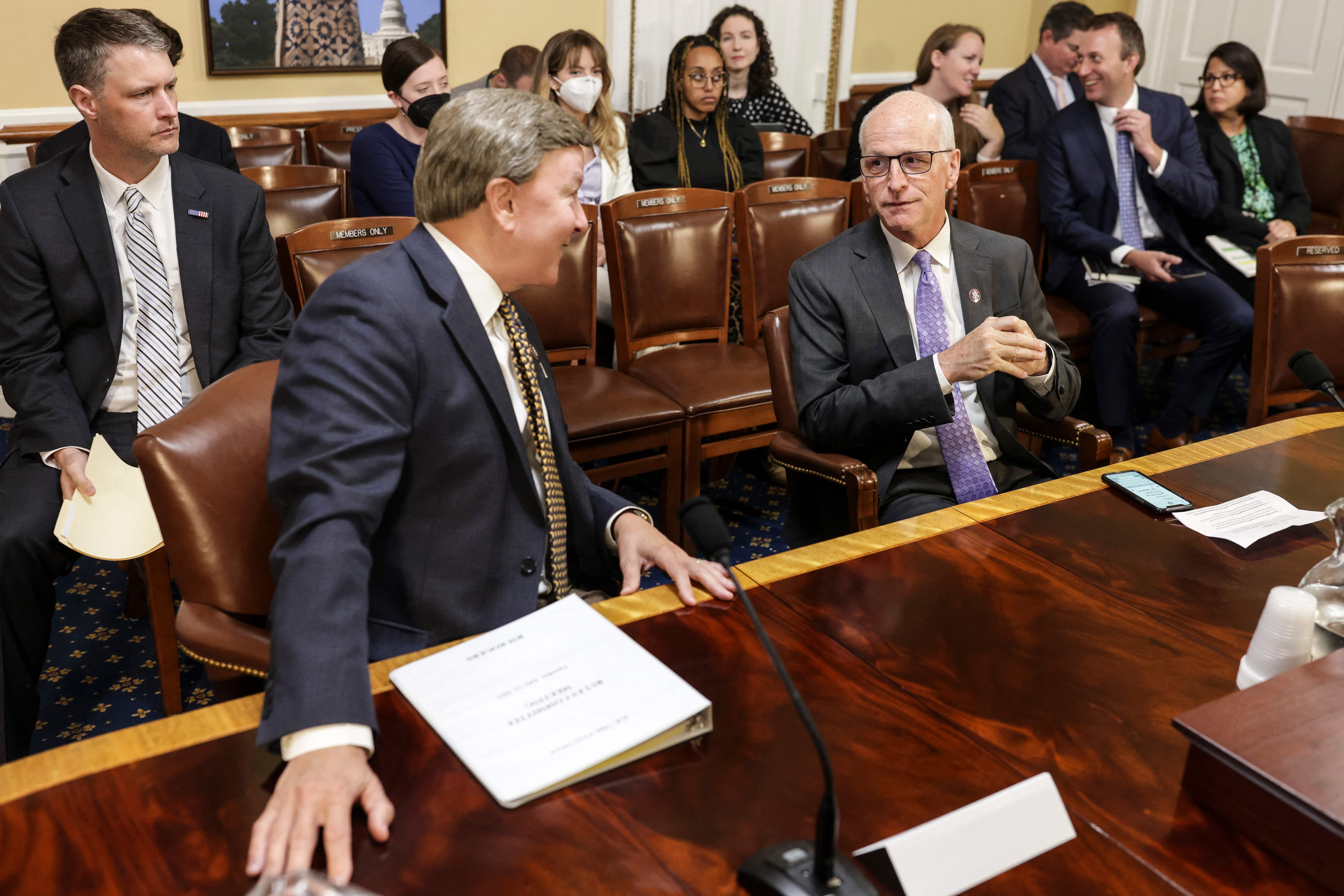Like many military and intelligence veterans who served in Afghanistan over the past 20 years, I was sickened and distraught over the scenes that unfolded this week in Kabul, and across Afghanistan, as U.S. forces completed their withdrawal from the country, the Afghan government and military largely dissolved, and the Taliban swept in to fill the vacuum and assert control over the now-Islamic Emirate of Afghanistan. The scenes of chaos at the Hamid Karzai International Airport (HKIA) in Kabul, as desperate Afghans tried to scratch and claw their way onto any departing flight — all in an effort to escape what they saw as a coming reckoning on the part of the victorious Taliban — made my heart sick, and made me fervently hope that those local Afghans who had helped me and my fellow CIA officers while I was in country a decade-and-a-half ago had already made it out alive.
Therein rests the true tragedy of the Biden Administration policy to depart Afghanistan on an announced timetable, a continuation of the previous administration’s plan for U.S. forces to depart the country. I agree with the policy in principle, as we have accomplished our goal of decimating al-Qaida in the region. It is indeed time for us to draw down there, and as I thought we would do before the current debacle unfolded, leave a small stay-behind CT-focused force of military and intelligence personnel, to work with the Afghan forces to keep al-Qaida in check.
What unfolded in the execution of that policy, however, has been a disaster. We forecast our departure date, thus giving the Taliban a light at the end of the tunnel to wait us out, and simultaneously pulling the rug out from under the Afghan government and military, which folded in spectacular fashion in the face of our departure and the advancing Taliban. National Security Advisor Jake Sullivan stated in a press conference on August 17th that the administration made its decisions “clear eyed” and with knowledge of what might unfold. If that is true, it is even more damning that the administration handled the events of mid-August, specifically at HKIA, so badly.
Thousands of Afghans, many of who aided the U.S. government over the last 20 years, were still awaiting their Special Immigrant Visas (SIV), and rushed HKIA trying to secure flights out of the country. Thousands of Americans remain even as the time of this writing, and no doubt some Afghan interpreters and facilitators — who may have served U.S. interests in the country for years — remain left behind.
That is a moral stain on our country, and frankly unconscionable. Some of these Afghans ate, slept, fought, lived, and died alongside American military and intelligence personnel. They sacrificed their standing within their communities, often facing ridicule and death threats for “helping the Americans.” They did everything we asked of them, and more, in the face of combat, intelligence gathering, and whatever other tasks they agreed to do on our behalf, without reservation.
We owe those who risked their lives for us to get them out of Afghanistan, and away from a vengeful Taliban. If we cannot honor this fundamental commitment, what does that say about us? We arrived there 20 years ago saying that we wanted to make their lives better, to show them what it means to live in a free society, and to save them from Islamic terrorist tyranny. If we depart now, leaving them high and dry, who could blame them for thinking we arrived on a sea of lies?
I implore the Biden Administration, Congress, and the U.S. military and CIA to do everything possible to get those who helped us out. Shred the bureaucratic rule book. Throw out the red tape. Fly them to anywhere-not-Afghanistan and usher them through the refugee/immigration process. Do the right thing. It is the least we can do in the face of what we are leaving behind.
Jeff Butler is a former clandestine service officer in the CIA’s Counterterrorism Center, and a former Navy SEAL officer.
Editor’s note: This is an Op-Ed and as such, the opinions expressed are those of the author. If you would like to respond, or have an editorial of your own you would like to submit, please contact Military Times senior managing editor Howard Altman, haltman@militarytimes.com.





